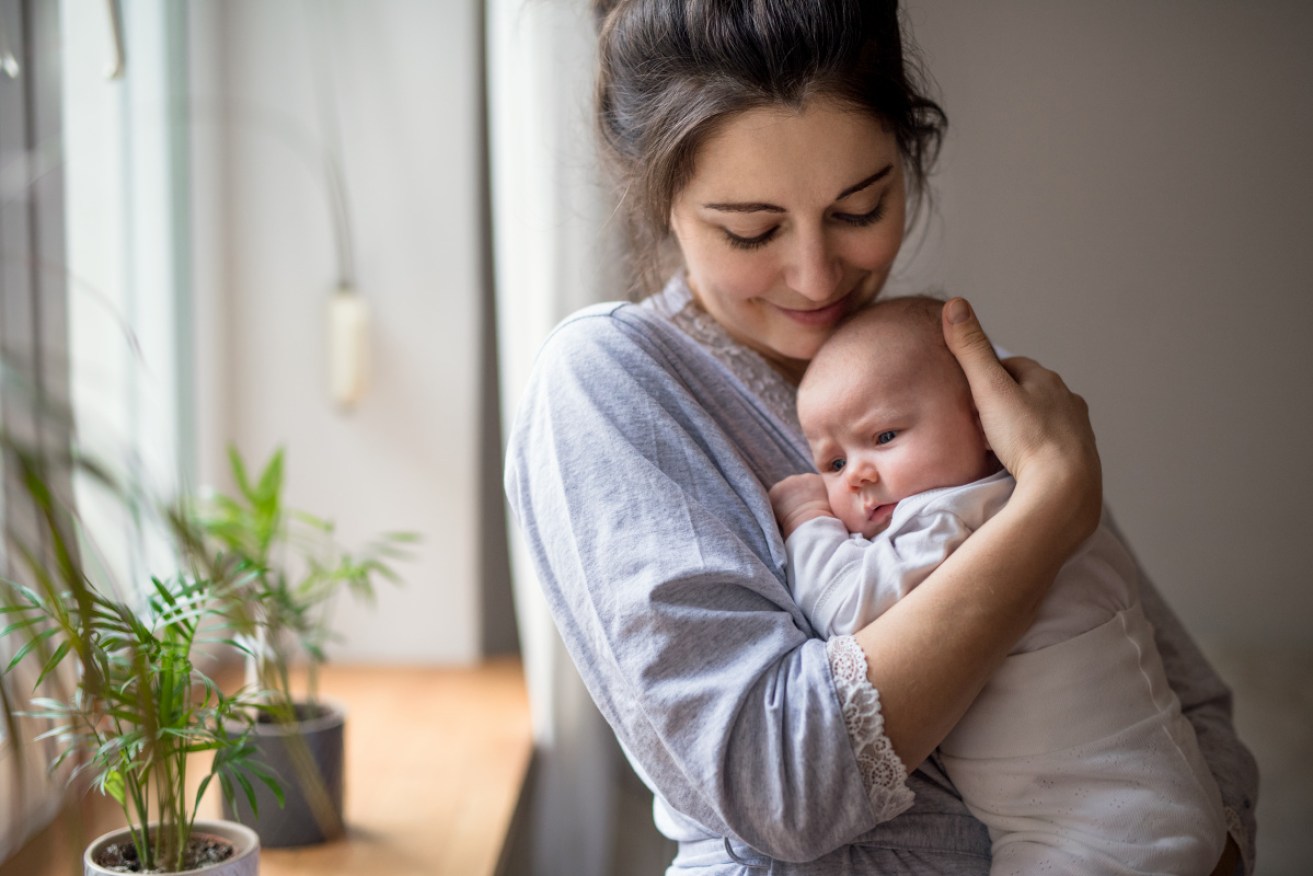Australia’s birth dearth: Fertility rate hits a new record low


Australia's fertility rate has fallen to record lows as women delay having children. Photo: Getty
Australia’s fertility rate has fallen to the lowest level in recorded history.
The Australian Bureau of Statistics revealed on Wednesday that the nation’s fertility rate hit a record low of 1.66 babies per woman in 2019 after steadily declining from 1.97 in 2009.
That is the lowest rate since the ABS began keeping records in 1935 and precedes the impact of COVID-19, which is expected to drive fertility rates even lower.
“There were 305,832 registered births in 2019, a decrease of 3.0 per cent from 2018,” the ABS said.
Demographer Simon Kuestenmacher, a director of The Demographics Group, said last year’s fall was a continuation of a long-running trend.
He told The New Daily the average age of first-time mothers had risen in step with increasing female participation in the workforce and education.
“More women work and work longer and work in higher positions and earn higher incomes,” he said.
“That means you just postpone the birth of your first kid.”
Mr Kuestenmacher said despite its declining fertility rate, Australia’s population wouldn’t shrink in the near-term as there were still enough women having children to offset the number of deaths each year.
“As long as people are being born and the older population lives on and on, which is essentially what is occurring right now, then even a low birth rate in the short term produces population growth,” he said.
The demographer said policymakers were concerned about declining fertility rates as they meant fewer taxpayers to cover the cost of public services down the track.
He said Australia had overcome this problem in recent years by allowing relatively large numbers of working-age migrants to settle in Australia.
But next year Australia will see 72,000 more people emigrating from the country than immigrating into it, which will reduce the size of the population over the long term.
“Australia’s population growth is expected to slow to its lowest rate in over one hundred years, falling from 1.2 per cent in 2019-20 to 0.2 per cent in 2020-21 and 0.4 per cent in 2021-22,” Treasury says in the 2020-21 budget papers.
“The slower growth is mainly due to measures to limit the spread of COVID-19, which are assumed to lead to [net overseas migration] falling from around 154,000 persons in 2019-20 to around -72,000 persons in 2020-21, and then to around -22,000 persons in 2021-22.”
Treasury also assumes that families will delay having children due to the uncertainty associated with COVID-19.
Tweet from @DrDemography
“The total fertility rate is assumed to drop from 1.69 babies per woman in 2019-20 to 1.58 in 2021-22, but then rise again to 1.69 in 2023-24 as the delayed births take place in later years,” Treasury says.
“Following this, fertility is assumed to resume its observed trend, which is driven by families having children later in life and having fewer children when they do.”
Treasury estimates the total fertility rate will decline until it reaches 1.62 babies per woman in 2030-31.
“Survey data suggests that couples aren’t achieving their desired family size outcomes, which suggests that the stress of juggling work, life and family is too overwhelming,” said Dr Liz Allen, a demographer and social researcher at the Australian National University.
“Climate change, cost of living, insecure employment, and declining rates of homeownership also contribute [to declining fertility rates].”
Dr Allen – who said reliable contraception had also given parents more say over the timing and number of children they have – told The New Daily young people should be worried about declining fertility rates as they will be forced to carry “the economic pressures of generations past while trying to carve out a place in the world of their own”.
“Action is needed now,” she said.
“The trouble with fertility rates at around 1.6, 1.5 births per woman is it becomes a social norm and near impossible to reverse.
“I recommend earnest investments in child care, housing affordability and climate change.”










